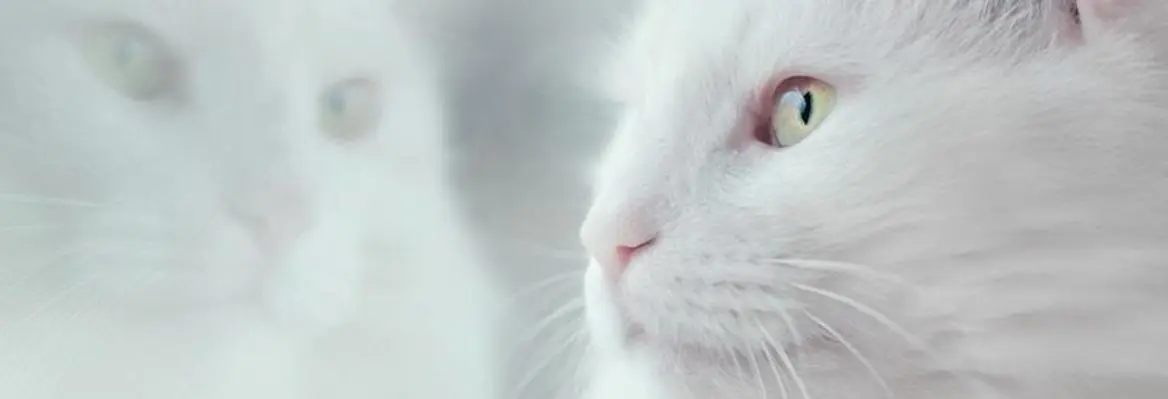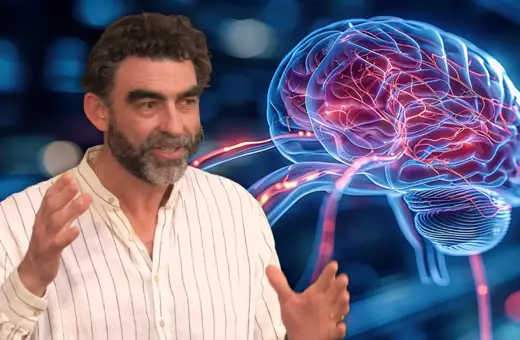Every living thing responds selectively to its immediate environment. Rocks don’t. One-celled organisms do. Viruses are a borderline case.
To speak of perception is a little more demanding. Do amoebas actually perceive things in their environment? Do stylops? Do ants, for that matter? When we say perceive, we’re thinking of sense organs, inputs and information-processing, however rudimentary. Those criteria are vague and admit many borderline cases; they might even be said to come in degrees.
But when we agree that an animal does perceive, we are attributing to it a kind of consciousness, namely, perceptual consciousness of the world around it. Perception itself certainly admits degrees. Some animals perceive more information per second than others; or they make a greater number of distinctions than others. Likewise, if an animal has a greater variety of senses, it will enjoy a higher degree of perceptual consciousness.
A creature that does perceive the external world to any significant degree can be called a conscious being. Could there be conscious beings other than those of earth’s animal kingdom? Perhaps there are some outside our solar system. Could a robot be a conscious being, just in this modest sense of perceiving its environment? I don’t see why not. Despite appearances, a robot can amass information through its sensors and build a representation of the external world. Granted, there are plenty of arguments purporting to show that no mere robot could be conscious in any much stronger sense.
Of course we can also ask whether a conscious creature in that sense is ‘conscious’ at a particular time, say at this moment, meaning roughly, is it awake, actually doing some perceiving, and in control of its actions? Even that ‘normal waking state’ admits some degrees, since we speak of accident victims and seriously ill patients as ‘semi-conscious.’
___
"When we agree that an animal does perceive, we are attributing to it a kind of consciousness"
___
A much rarer form of consciousness is what we refer to when we speak of a ‘conscious memory’ or a ‘conscious decision’—we mean not only being in a mental state but being aware of that very mental state from the inside. A conscious memory is a memory we are directly aware of. The same goes for a conscious emotion, desire, intention, or bodily sensation such as pain. It’s assumed that there are memories, emotions, desires, intentions, perceptions, and even pains that we are unaware of, at least at times. For instance, while driving a car we might be thinking hard about this or that. We will still perceive the road, other cars, stop signs, etc.—otherwise we’d crash—yet we will barely notice our perceivings themselves, our own sensory states. It’s less common to be unaware of our desires or our physical pains, but if we have focused our attention elsewhere, these might go in the background. For example, in the course of playing in a hard-fought championship basketball game, we might not feel any pain. Less dramatically, I may just entirely stop noticing a mild headache while engaged in spirited conversation, though others may see me unconsciously stroking my brow.



















Join the conversation